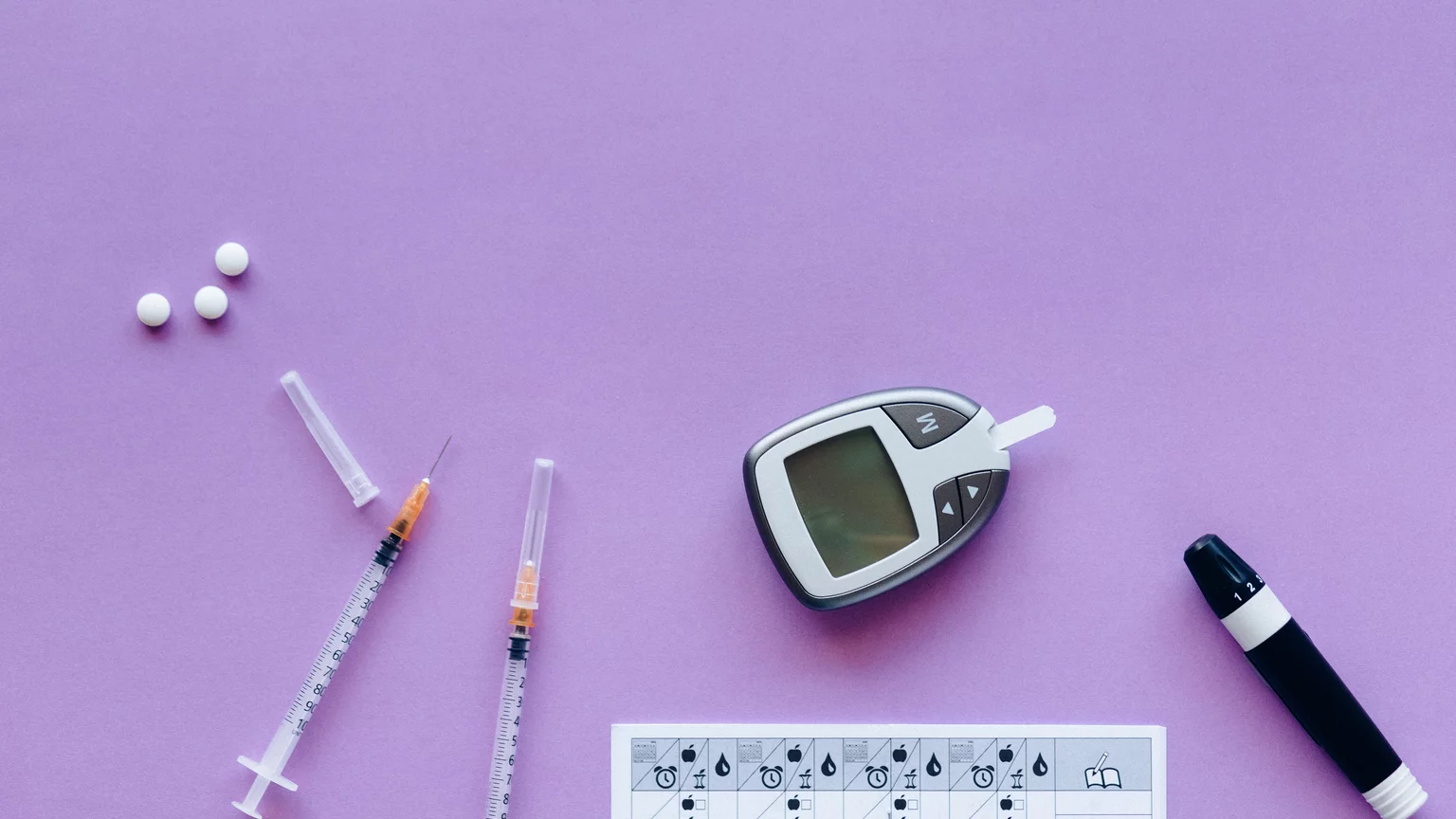In recent years, doctors are increasingly talking about the diabetes epidemic: according to the WHO, there are more than 200 million people with this diagnosis in the world, and every year there are more and more of them.
And all because we consume more calories than we expend, do not move enough and miss the signals that the body gives us.
What is the difference between type 1 and type 2 diabetes?
There are two types of diabetes: the first, when the body does not produce enough insulin, and the second, when the body cannot effectively use the insulin it produces.
Type 1 diabetes affects children and young people under 30 years of age. The disease cannot be completely cured, but it is possible to detect it in time and avoid serious consequences in the future.
Type 2 diabetes is a disease of adults. Often the disease occurs due to excess weight or insufficient physical activity, but genetic predisposition is also important.
Therefore, if there are diabetics in the family, it will not be superfluous if all its members switch to a healthy lifestyle.
What are the causes of diabetes?
- Hereditary predisposition, metabolic disorders caused by obesity, sedentary lifestyle (hypodynamia), which to some extent is also associated with obesity.
- Pancreatic disease.
- Infectious diseases caused by viruses, for example, rubella, smallpox, influenza.
What are the warning signs?
- Thirst and dry mouth. A person drinks much more than before, sometimes up to 3-5 liters per day.
- Sudden weight loss for no reason.
- Constant fatigue, irritability, weakness, drowsiness.
- Accelerated and profuse urination.
- Sudden attacks of nausea and vomiting.
- Numbness of hands and feet, tingling sensation in fingers.
- Feeling hungry.
- Poor wound healing.
- Itching of the skin.
- Deterioration of vision.
How to diagnose diabetes?
Laboratory tests for hormones, biochemical blood and urine tests will be required for diagnosis. You will need to give blood for glucose, glycosylated hemoglobin and fructosamine, and to determine the type of diabetes, a glucose tolerance test is used.
How often should you check your blood sugar?
The level of glucose in the blood should be monitored once a year. However, if you are in a group (you have relatives with diabetes, are overweight, have a not-so-healthy lifestyle, etc.), you need to monitor your glucose at least twice a year.
What to do to prevent diabetes?
- Regular monitoring of blood glucose and lipid levels;
- Weight control – if the patient feels that he is gaining extra pounds, he should contact a nutritionist and get advice on making a rational menu.
- Food control. Get used to eating right, reduce the consumption of sugar and saturated fats.
- Regular physical activity. Try to move for at least 30 minutes every day (even a normal walk at a good pace counts).
- Constant monitoring of the level of blood pressure.
What are the main risk factors for developing diabetes?
- Sedentary lifestyle. Lack of physical activity increases the risk of developing diabetes. During physical activity, glucose enters the muscles from the blood and is used as a source of energy. If a person does not move, glucose remains in the blood.
- Waist fat. Extra pounds deposited in the waist area are often a symptom of metabolic syndrome, in which the sensitivity of cells to insulin decreases.
- Diabetes in close relatives. If siblings or parents suffer from diabetes, the risk of developing the disease increases.
- Lack of sleep. In those who do not get enough sleep, the secretion of stress hormones that stimulate appetite is activated in the body. Because of this, people who regularly sleep less than 5-6 hours often gain weight.
- Increased pressure. Patients with hypertension have twice the risk of developing diabetes compared to those with normal blood pressure.
- Age. Type 2 diabetes most often develops after the age of 35-40. Women need to be especially careful: menopause begins at this age, metabolism slows down, and weight often increases.
- Increased glucose level. For those at risk, it is important to monitor blood glucose levels.
You may also be interested in:
Is Sweet Smelling Poop A Sign Of Diabetes?
The 12 Recommended Types of Fruits & vegetables for Diabetics
How long do people with diabetes live on average?
The average life expectancy of people with diabetes is approximately 50-60 years.
But with proper maintenance of the sugar level, regular injections, and diet control, life expectancy increases to 70-80 years.
There are registered cases when patients with diabetes crossed the threshold even at the age of 85, 90.











